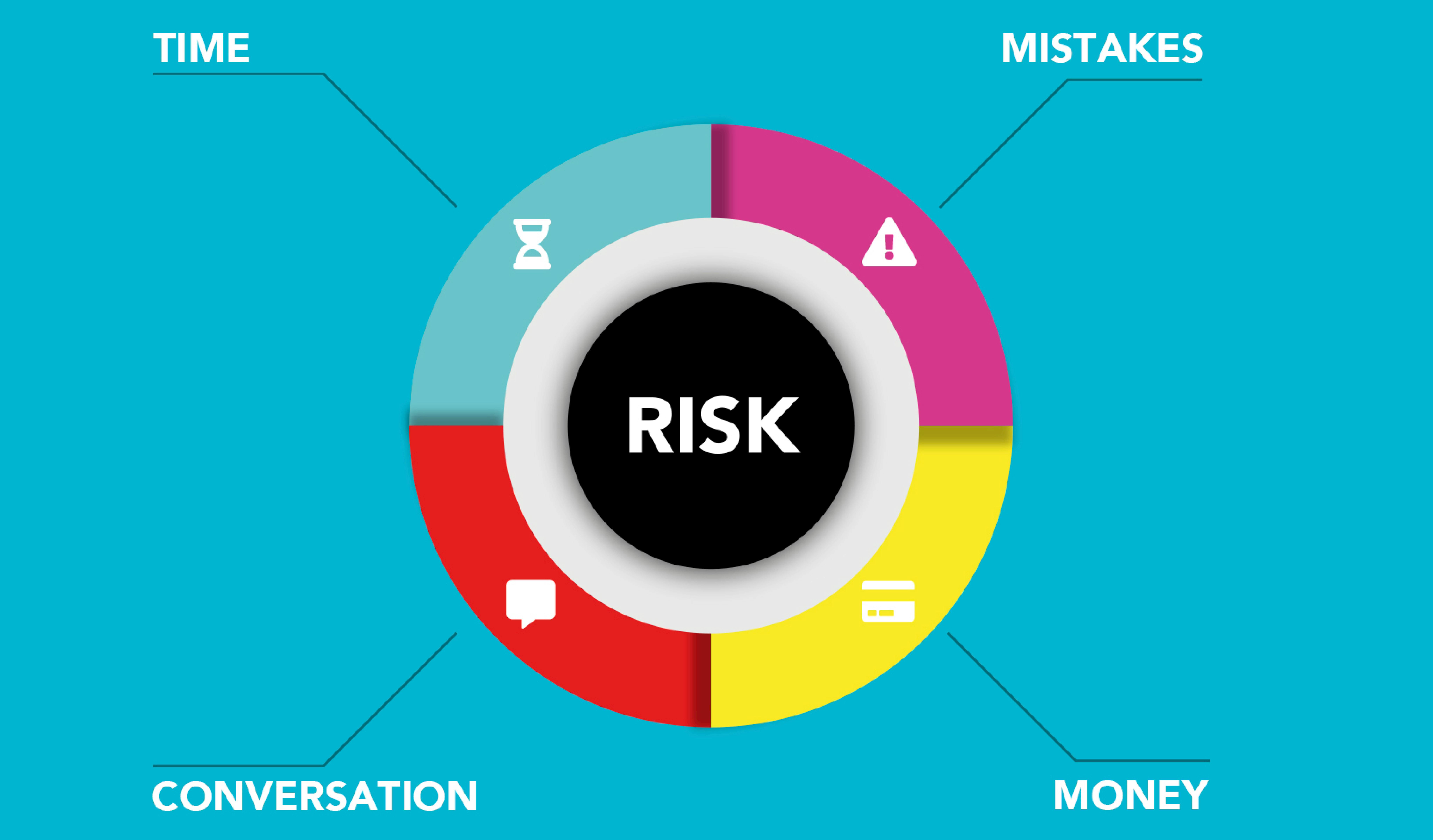Your most outgoing employee suddenly becomes withdrawn and distant. Your previously decisive team leader can’t seem to make the simplest decision. Your easygoing coworker starts arguing with his coworkers and takes offense in the blink of an eye. Your most trusted employee is late, gets sick, and doesn’t finish projects. These are some of the symptoms of depression in the workplace.
So what is a manager to do? On the one hand, production must continue, but the compassionate manager must also care about the employee’s well-being. Performance issues must be addressed, and yet the employee’s previous stellar track record, or obvious emotional pain, tempts the manager to take over until the employee recovers.
The depressed employee scenario often presents a dilemma for your manager. So why does the manager have to deal with it? The employee is an adult; Why don’t you go to the manager first?
Note to manager: don’t wait for me to come to you
Most likely it will not. Most depressed employees prefer to eat junk rather than admit to their bosses that they are depressed. Part of this is due to the shame many people with depression feel over what they feel is their “weakness.” However, much of their silence is due to the stigma that many people continue to experience around mental illness.
For example, in an online survey of 1,129 workers conducted by the American Psychiatric Association, a high percentage believed that seeking help for particular psychological problems, such as drug addiction (76%), alcoholism (73%), and depression (62 %). it would not be so accepted. For every story I heard about an understanding manager or caring HR professional, I have heard ten from employees who felt their disclosure led to ridicule, excessive scrutiny, or discrimination.
The first step: recognizing how the impacts of depression work
Most managers have some employees that they would like to clone and some that they would like to hit. And certainly a bum can get depressed just like a superstar. However, what is noticeable in depression is the change in the employee. The performance of the good employee decreases while the marginal employee worsens.
Here’s what that change in performance can look like:
- Unfinished projects
- I forget
- Increase in errors
- Difficult to focus
- Indecision
- Irritability
- Loss of interest in work or socializing with colleagues.
- Looks tired / fatigued
What to say to a depressed employee
Managers are not there to discuss medical issues, advise, or diagnose. They are there to talk about performance and behavior at work. They are also there to care about the well-being of their employees. When talking to a potentially depressed employee, here are some ways to do both:
1. Start with your concern for the employee. “Sandy, I’m worried about you. “
2. Focus your comments on observable behaviors. “He’s been late to work four times in the last two weeks and his reports have had twice as many errors. “
3. Acknowledge the change. “This is not like you. You’re usually the first to work and the last person in the department to make mistakes. “
4. Offer them an olive branch. “I don’t know if things in your personal life are affecting you, but if they are, we have a confidential employee assistance plan that could help you.”
5. Be prepared to set limits. For example, if the employee mentions marital discord, problems with a child, financial problems, etc., the manager should be empathetic but should limit the conversation.
6. Refer to an EAP Offer the employee the employee assistance program phone number or suggest that it would be helpful for the employee to consider outside professional advice through health care benefits, a community clinic, an employee assistance plan or even through pastoral counseling. .
7. Reinforce your concern. “I am very committed to helping him get back to normal.”
8. Reinforce the need to improve performance. “However, whether you contact this service or not, it is expected to meet its performance targets.”
The bottom line
Clinical depression has been described as a black dog, a suffocating blanket, and a dark, endless hole. Left untreated, it can drain the energy and motivation of the most productive employee. With the right help, it can be managed, overcome, or solved. In fact, for some people, dealing with depression has given them some gifts that they might now have received, such as greater perspective and empathy for others. At least that’s what one person who suffered from depression his entire life said: Abraham Lincoln.
